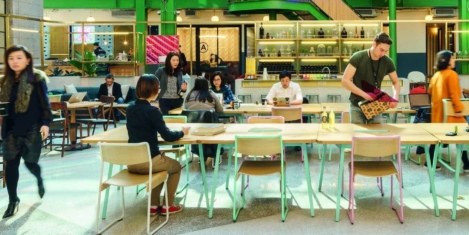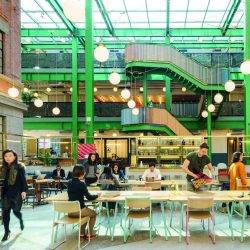April 25, 2019
MPs to investigate impact of placemaking and built environment on productivity
 The All Party Parliamentary Group on Building Communities is calling for evidence and contributions from all organisations with an interest in the built and natural environment to contribute to its new consultation, which aims to explore how placemaking can lead to greater productivity in the UK. As part of its remit, the APPG seeks to conduct research on the concept of ‘placemaking’ and investigate design practices that maximise the social value of infrastructure. In this way the APPG hopes to build an evidence base that can be used by policy makers when engaging with the build and natural environment.
The All Party Parliamentary Group on Building Communities is calling for evidence and contributions from all organisations with an interest in the built and natural environment to contribute to its new consultation, which aims to explore how placemaking can lead to greater productivity in the UK. As part of its remit, the APPG seeks to conduct research on the concept of ‘placemaking’ and investigate design practices that maximise the social value of infrastructure. In this way the APPG hopes to build an evidence base that can be used by policy makers when engaging with the build and natural environment.

































April 23, 2019
The flexible solution to workplace loneliness
by Guzman de Yarza Blache • Comment, Flexible working, Wellbeing, Workplace design
(more…)